
Arat Kilo: The Heartbeat of Addis Ababa
Arat Kilo, located in the vibrant city of Addis Ababa, is a neighbourhood rich in history and culture. Often referred to as the heart of the city, Arat Kilo is a bustling hub where the past meets the present. The area is known for its iconic monument, the Arat Kilo monument, which stands as a testament to Ethiopia's rich heritage and its journey towards modernization. Visitors to Arat Kilo can immerse themselves in the local culture by exploring the numerous cafes, bookstores, and traditional shops that line the streets. The neighbourhood is also home to Addis Ababa University, one of the oldest and most prestigious institutions in Ethiopia. The university's sprawling campus offers a serene escape from the hustle and bustle, with lush gardens and historic buildings. Arat Kilo's central location makes it an ideal starting point for exploring other parts of Addis Ababa. From here, tourists can easily access significant landmarks such as the National Museum of Ethiopia, where they can marvel at ancient artifacts, including the famous fossil of 'Lucy'. The neighbourhood's lively atmosphere, combined with its deep-rooted history, makes Arat Kilo a must-visit destination for anyone looking to experience the true essence of Addis Ababa.
Local tips in Arat Kilo
- Visit the Arat Kilo monument early in the morning to avoid the crowds.
- Spend some time at Addis Ababa University; the campus is beautiful and full of history.
- Try the local coffee at one of the many cafes for an authentic Ethiopian experience.
- Wear comfortable shoes as the area is best explored on foot.
- Carry some cash as not all shops and cafes accept cards.
Arat Kilo: The Heartbeat of Addis Ababa
Arat Kilo, located in the vibrant city of Addis Ababa, is a neighbourhood rich in history and culture. Often referred to as the heart of the city, Arat Kilo is a bustling hub where the past meets the present. The area is known for its iconic monument, the Arat Kilo monument, which stands as a testament to Ethiopia's rich heritage and its journey towards modernization. Visitors to Arat Kilo can immerse themselves in the local culture by exploring the numerous cafes, bookstores, and traditional shops that line the streets. The neighbourhood is also home to Addis Ababa University, one of the oldest and most prestigious institutions in Ethiopia. The university's sprawling campus offers a serene escape from the hustle and bustle, with lush gardens and historic buildings. Arat Kilo's central location makes it an ideal starting point for exploring other parts of Addis Ababa. From here, tourists can easily access significant landmarks such as the National Museum of Ethiopia, where they can marvel at ancient artifacts, including the famous fossil of 'Lucy'. The neighbourhood's lively atmosphere, combined with its deep-rooted history, makes Arat Kilo a must-visit destination for anyone looking to experience the true essence of Addis Ababa.
Iconic landmarks you can’t miss
Meskel Square
Explore Meskel Square, the vibrant heart of Addis Ababa, where culture, history, and community come together in a lively public space.
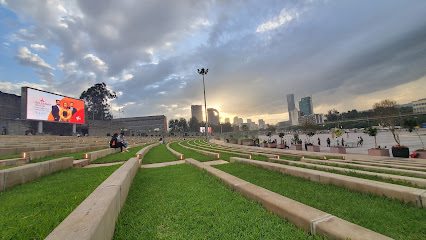
Holy Trinity Cathedral
Discover the spiritual and architectural wonder of Holy Trinity Cathedral in Addis Ababa, a must-visit site reflecting Ethiopia's rich Orthodox traditions.
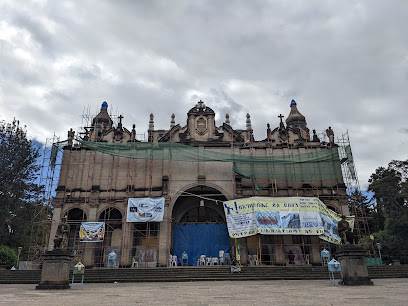
6 Kilo Yekatit 12 Square
Explore the rich history and vibrant culture of Ethiopia at Yekatit 12 Square, a landmark in the heart of Addis Ababa.
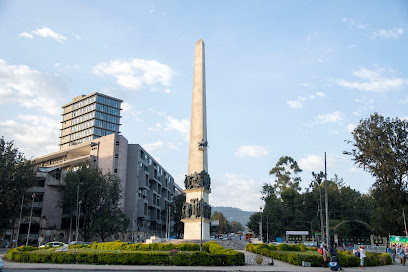
Emperor Tewodros II Square
Discover the vibrant history and culture of Ethiopia at Emperor Tewodros II Square, a must-visit landmark in Addis Ababa.
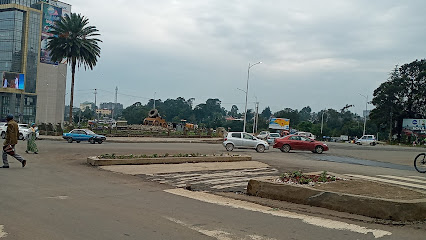
Yekatit 12 Square Sidist Kilo
Explore Yekatit 12 Square, a historical landmark in Addis Ababa that embodies Ethiopia's rich culture and resilience.
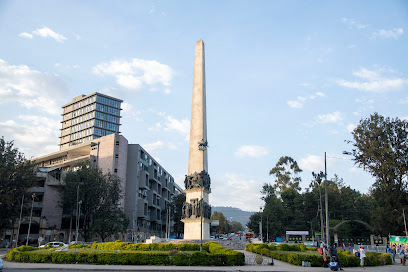
Arat Killo Monument
Discover the Arat Killo Monument, a historical landmark in Addis Ababa symbolizing Ethiopia's resilience and rich cultural heritage.
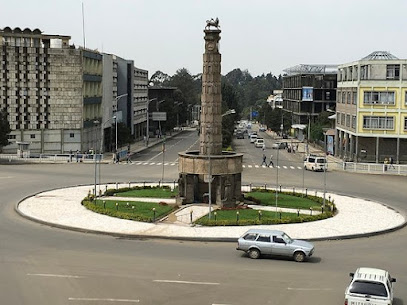
Arat Kilo Patriots Monument | አራት ኪሎ አርበኞች ሃውልት
Explore the Arat Kilo Patriots Monument in Addis Ababa, honoring Ethiopian heroes and showcasing the nation's rich cultural heritage.
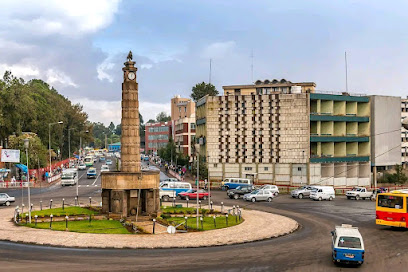
Miyazya 27 Victory Statue
Explore the Meyazia 27 Victory Statue in Addis Ababa, a monumental tribute to Ethiopian history and a vibrant focal point of the city's culture.
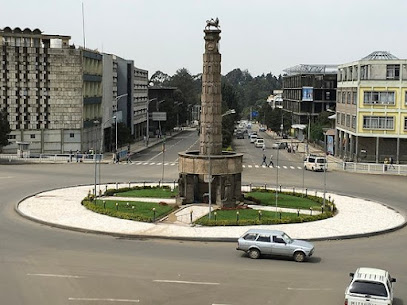
4 Kilo National Palace
Explore the exquisite 4 Kilo National Palace in Addis Ababa, a beautiful blend of Ethiopian history and architecture surrounded by lush gardens.
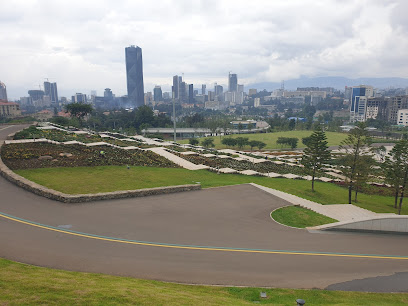
Egg house & Emperor Menelik II's Quarter | እንቁላል ቤት | የንጉሥ ምኒልክ ግቢ
Explore the historical significance of Emperor Menelik II's Quarter in Addis Ababa, where heritage, culture, and architecture come together.
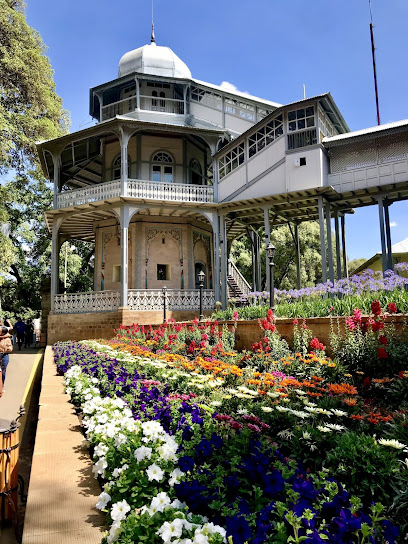
Aware Arat Kilo Square
Experience the tranquility of Aware Arat Kilo Square, a serene park in Addis Ababa perfect for relaxation, strolls, and connecting with nature.

Unmissable attractions to see
Unity Park
Discover the beauty and history of Unity Park in Addis Ababa, a multifaceted tourist attraction featuring gardens, museums, art centers, and a zoo.
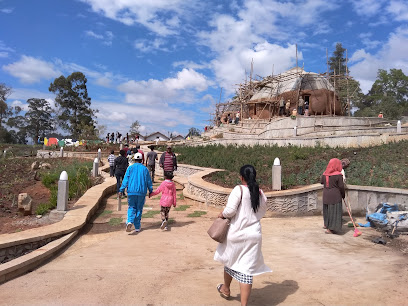
Emperor Tewodros II Square
Discover the vibrant history and cultural significance of Emperor Tewodros II Square, a historical landmark in the heart of Addis Ababa, Ethiopia.
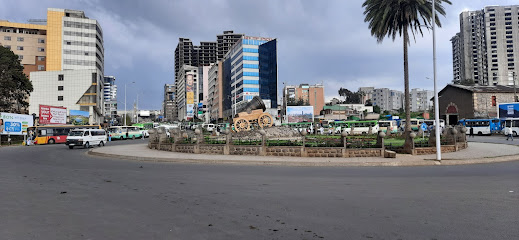
Yekatit 12 Square Sidist Kilo
Experience history and culture at Yekatit 12 Square, a vibrant landmark in Addis Ababa celebrating Ethiopian resilience and community spirit.
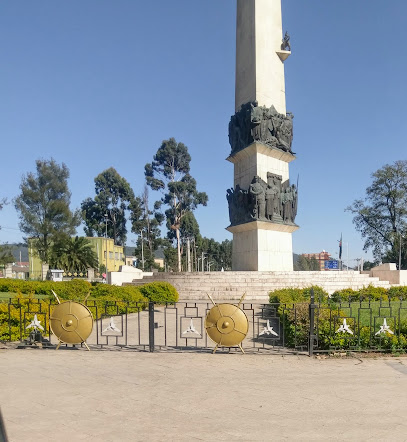
Arat Killo Monument
Explore the Arat Killo Monument in Addis Ababa, a historical landmark celebrating Ethiopia's rich cultural heritage and national pride.
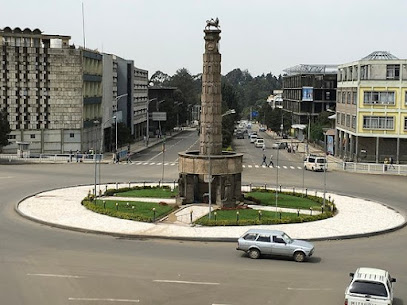
Miyazya 27 Victory Statue
Discover the Meyazia 27 Victory Statue, a testament to Ethiopian resilience and history in the heart of Addis Ababa.
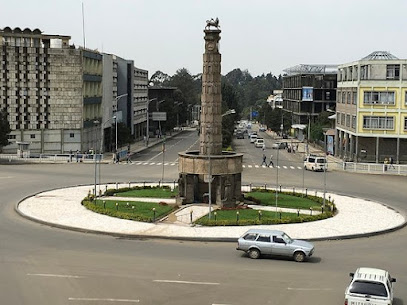
Aware Arat Kilo Square
Explore Aware Arat Kilo Square, a peaceful park in Addis Ababa perfect for relaxation and cultural immersion amidst the vibrant city life.

Essential places to dine
Dashen Traditional Restaurant
Discover the essence of Ethiopian cuisine at Dashen Traditional Restaurant in Addis Ababa - where flavor meets tradition.
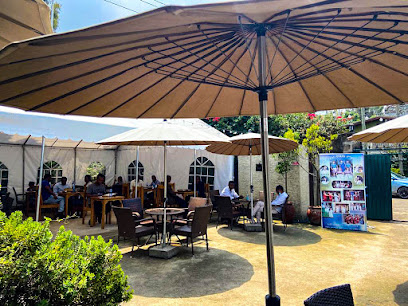
Romita Cafe & Restaurant | 4 Kilo | ሮሚታ ካፌና ሬስቶራንት | 4 ኪሎ
Experience the rich flavors of Ethiopia at Romita Cafe & Restaurant in Addis Ababa – where tradition meets taste.
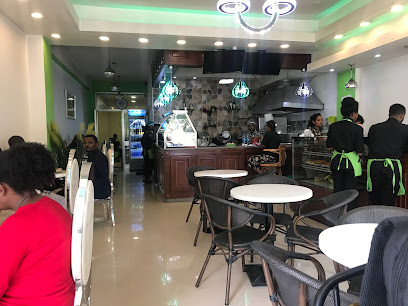
La Mandoline French Restaurant
Experience authentic French cuisine at La Mandoline in Addis Ababa – where every dish tells a story.
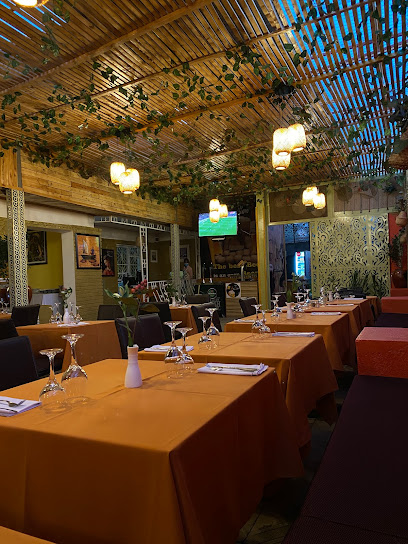
Mamma Mia Italian Restaurant & Bar
Experience authentic Italian cuisine at Mamma Mia in Addis Ababa - where every meal feels like a celebration.
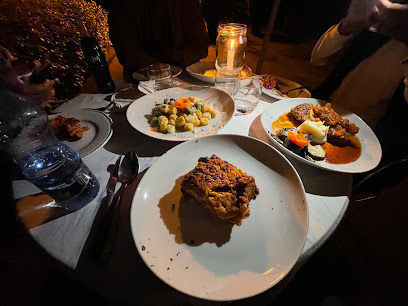
Mesi Gebeta Arat kilo
Experience authentic Ethiopian cuisine at Mesi Gebeta Arat Kilo in Addis Ababa - where tradition meets flavor in every dish.
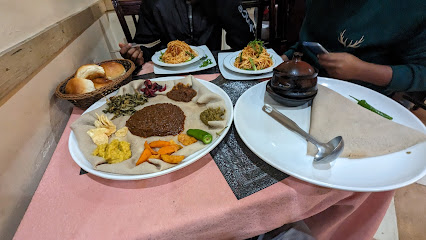
5ኪሎ ምግብ ቤት እና ላውንጅ | 5 killo restaurant & Lounge
Discover authentic Ethiopian flavors at 5 Killo Restaurant & Lounge in Addis Ababa - where tradition meets taste.
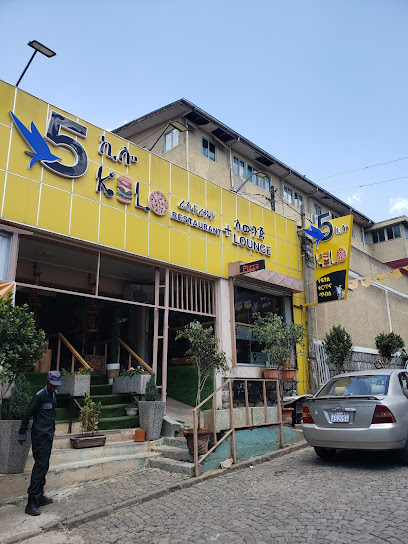
Freetown Bar & Restaurant | 4kilo | ፍሪታውን ባረና ሬስቶራንት | 4 ኪሎ
Experience the vibrant tastes of Ethiopia at Freetown Bar & Restaurant in Addis Ababa – where tradition meets flavor.
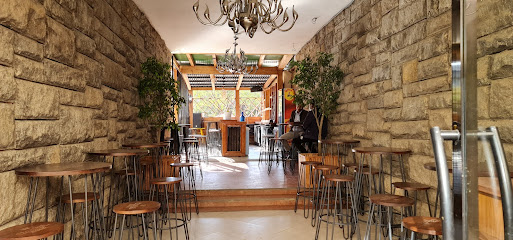
Majet Cultural House
Discover the vibrant culture and family-friendly atmosphere at Majet Cultural House in Addis Ababa – an enriching experience for all ages.
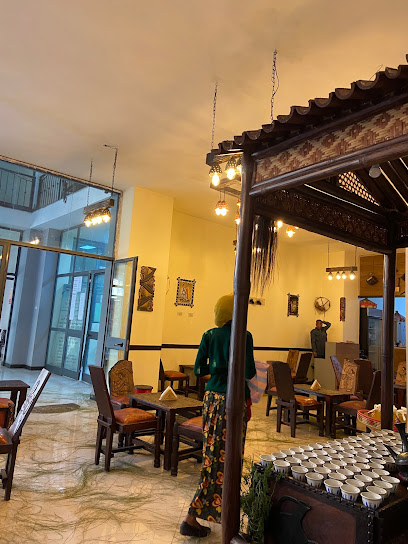
Amist Kilo Restaurant
Discover authentic Ethiopian cuisine at Amist Kilo Restaurant in Addis Ababa - where tradition meets flavor.

ቁ.2 ታደሰ ዐሳ ቤት Tadesse Asa Beth 4 kilo
Discover the flavors of Ethiopia at Tadesse Asa Beth in Addis Ababa – where tradition meets taste in every dish.

Markets, malls and hidden boutiques
Addisu Gebeya
Explore Addisu Gebeya, Addis Ababa's vibrant shopping mall, where local culture meets international brands and delicious dining options.
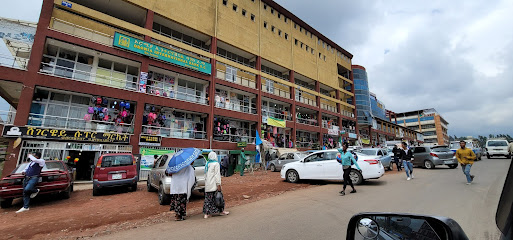
Addis Ababa Duty Free shop
Uncover exceptional deals and authentic Ethiopian products at Addis Ababa's premier duty-free shopping destination.
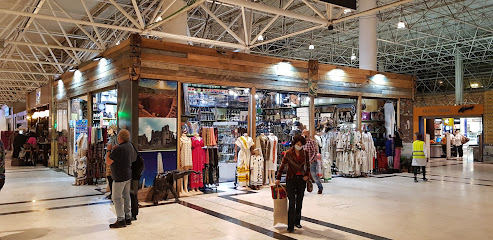
Entoto Beth Artisan
Discover the essence of Ethiopian craftsmanship at Entoto Beth Artisan, where art and culture come together in Addis Ababa's vibrant gift shop.
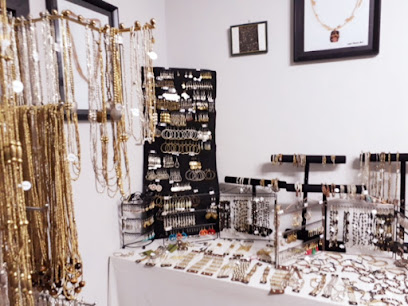
4Kilo Addis Birhan Center
Explore the vibrant 4Kilo Addis Birhan Center, a shopping mall in Addis Ababa that blends local culture with modern shopping experiences.

All In One Souvenir & Gift Shop
Discover unique Ethiopian crafts and souvenirs at All In One Souvenir & Gift Shop, a cultural gem in Addis Ababa.
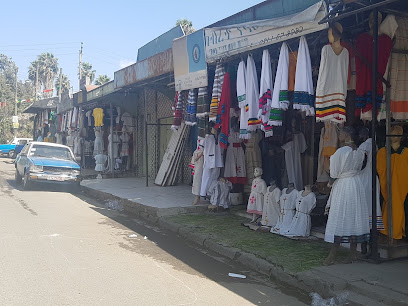
Abdi Negash Antique Store
Explore the exquisite collection of antiques, rare books, and vintage music at Abdi Negash Antique Store in Addis Ababa.
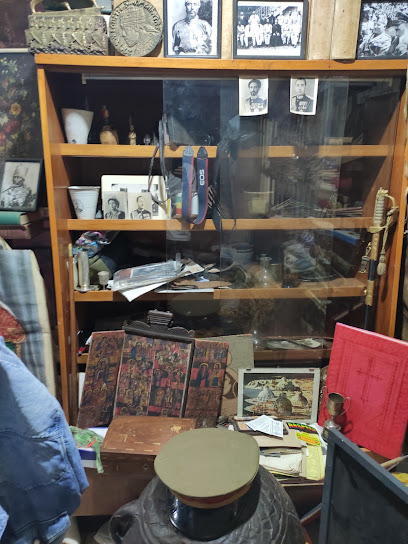
Qine Store
Explore the essence of Ethiopia at Qine Store, where unique handmade crafts and souvenirs await every traveler in Addis Ababa.
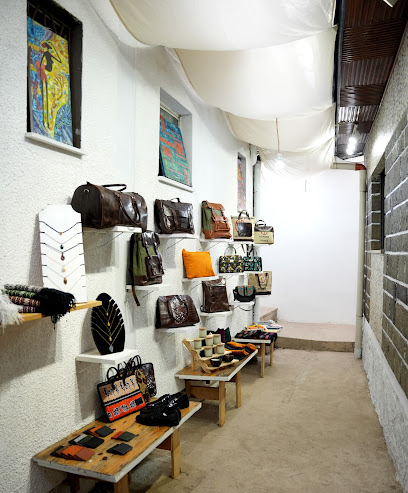
Ellilta Products
Explore Ellilta Products in Addis Ababa for unique handcrafted gifts that celebrate Ethiopian culture and support local artisans.
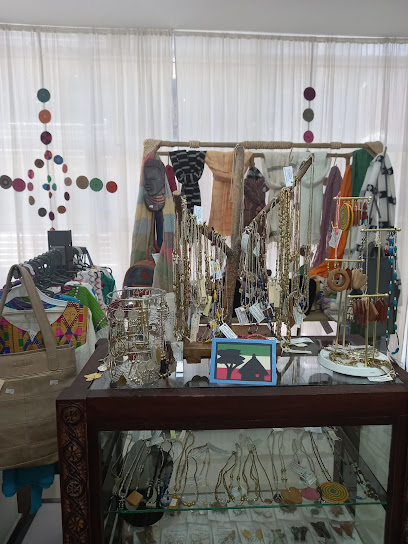
Mayk habeshan dresses & traditional gift store(Mayk habesha kemis)
Discover authentic Ethiopian dresses and traditional gifts at Mayk Habeshan, a cultural gem in Addis Ababa offering unique souvenirs.
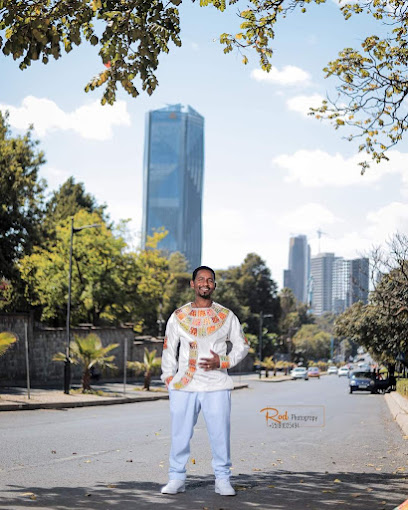
Chicatique Style
Discover the essence of Ethiopian fashion at Chicatique Style, a top boutique in Addis Ababa offering unique clothing and accessories.

Essential bars & hidden hideouts
Romina Restaurant | 4 Kilo | ሮሚና ሬስቶራንት | 4 ኪሎ
Experience the essence of Ethiopian cuisine at Romina Restaurant, where tradition meets flavor in the heart of Addis Ababa.
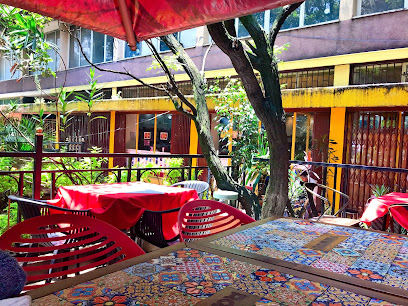
Union Cocktail Bar & Restaurant
Discover the vibrant flavors of Ethiopia at Union Cocktail Bar & Restaurant, where delicious grilled dishes meet a lively atmosphere in Addis Ababa.
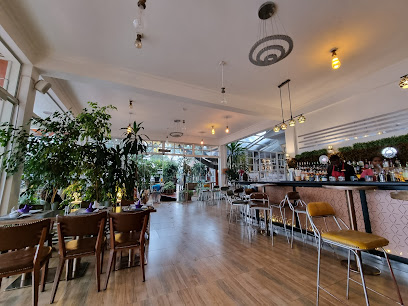
Black Rose Lounge
Experience the vibrant nightlife of Addis Ababa at Black Rose Lounge, where live music, delicious drinks, and a welcoming atmosphere await.
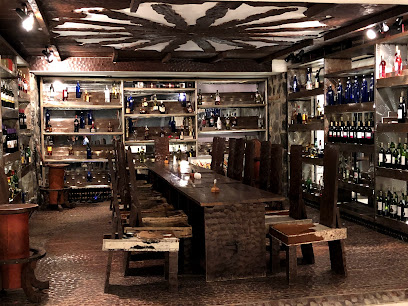
Rosemary Lounge & Restaurant
Experience the vibrant fusion of Ethiopian culture and international cuisine at the lively Rosemary Lounge & Restaurant in Addis Ababa.
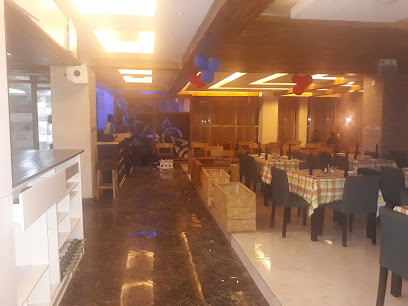
Hotspot Addis bar and restaurant
Experience the vibrant nightlife of Addis Ababa at Hotspot Addis, where delicious cocktails and exquisite cuisine meet in a lively atmosphere.
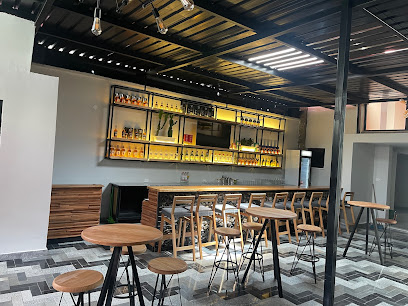
Mountain sport bar and lounge
Experience the thrill of sports in the heart of Addis Ababa at Mountain Sport Bar and Lounge, where excitement meets relaxation amidst stunning views.
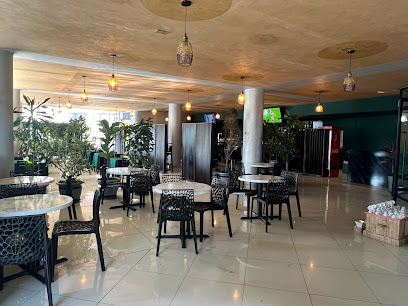
Dawed bercha abakoran
Explore a vibrant selection of local and international wines at Dawed Bercha Abakoran Wine Bar in the heart of Addis Ababa.
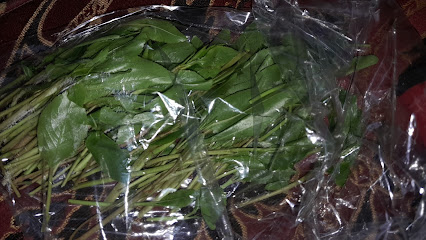
BETI BAR: YE ARAT KILO BET
Discover the vibrant nightlife at Beti Bar in Addis Ababa, where local culture meets contemporary flair in a welcoming atmosphere.
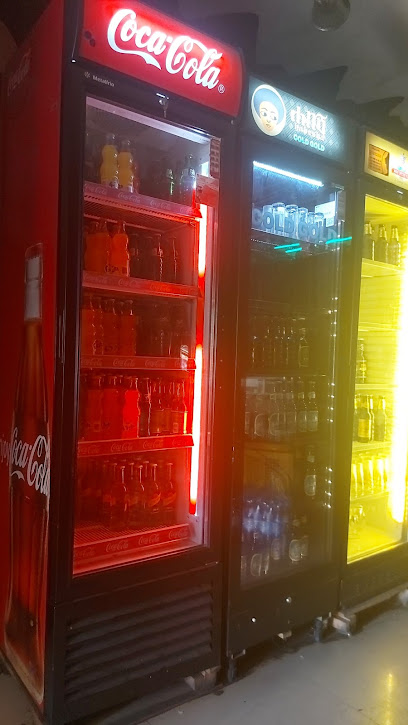
Beti bar: ye arat kilo bet
Discover the vibrant atmosphere of Beti Bar in Bole, a perfect spot for mingling and enjoying authentic Ethiopian nightlife.
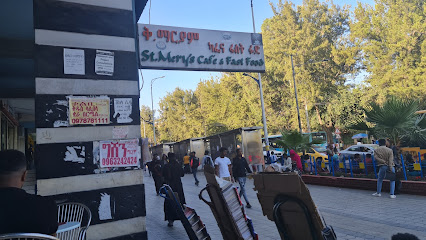
KILO BAR
Experience the vibrant nightlife of Addis Ababa at KILO BAR, a lively spot for drinks and socializing in the heart of the city.

Local Phrases
-
- Helloሰላም
[sälam] - Goodbyeደህና ሁላ
[dähena hula] - Yesአዎ
[awo] - Noአይ
[ay] - Please/You're welcomeእባኮ
[ebako] - Thank youአመሰግናለሁ
[amäsägänalähu] - Excuse me/Sorryስለስለኝ
[säläsäläg] - How are you?እንዴት ነህ?
[endet neh?] - Fine. And you?ጠንካረኛ. እኔ እስምም?
[tenkäräg. ene esmäm?] - Do you speak English?እንዴት እንተኛ እንዴት ነህ?
[endet entäg endet neh?] - I don't understandአልተወኝ
[alätwän]
- Helloሰላም
-
- I'd like to see the menu, pleaseማንዳም እንዳይመለስ እስከሚወልድ
[mandam endayimäläs eskämiwäld] - I don't eat meatአስቀምጠኝ አሉ
[asqämtän alu] - Cheers!ሰላም!
[sälam!] - I would like to pay, pleaseእንዴት እንኳን እስከሚሸጥ
[endet enkan eskämesh]
- I'd like to see the menu, pleaseማንዳም እንዳይመለስ እስከሚወልድ
-
- Help!እርምጃ!
[ermja!] - Go away!ተቆም!
[tek'om!] - Call the Police!ፖሊስ አስከብር!
[polis askäbär!] - Call a doctor!ዶክተር አስከብር!
[dokter askäbär!] - I'm lostስም ለማድረግ ነኝ
[säm lamädäräg näg] - I'm illተላላፊ ነኝ
[talalafi näg]
- Help!እርምጃ!
-
- I'd like to buy...ማንዳም እንዳይገምበም
[mandam endayigämbäm] - I'm just lookingእኔ በቀኝ ማወያያዉ
[ene bäkän mawayawayu] - How much is it?እንዴት መጠን ነው?
[endet mätän new?] - That's too expensiveእናንት ብዙ ነው
[enantä bzu new] - Can you lower the price?መጠንም ከፍተኛ ነው?
[mätm käftäng new?]
- I'd like to buy...ማንዳም እንዳይገምበም
-
- What time is it?ሰዓት ማን ነው?
[sä'at man new?] - It's one o'clockአንድ ሰዓት ነው
[and sä'at new] - Half past (10)አንድ ስኖ ሰዓት
[and sänö sä'at] - Morningጥምቀት
[timqet] - Afternoonከመይ ቀን
[kämäyi ken] - Eveningማታ
[matä] - Yesterdayትናንት
[tanat] - Todayዛሬ
[zar] - Tomorrowነገ
[nägä] - 1አንድ
[and] - 2ሁለት
[hulet] - 3ሶስት
[sost] - 4አራት
[arat] - 5አምስት
[amsot] - 6ስድስት
[sidost] - 7ሰባት
[säbat] - 8ስምንት
[simnot] - 9ዘጠኝ
[zätän] - 10ሃያ
[häya]
- What time is it?ሰዓት ማን ነው?
-
- Where's a/the...?ወደኛው ስፍራ ማን ነው?
[wedänaw sifra man new?] - What's the address?አድራሻ ማን ነው?
[adrasa man new?] - Can you show me (on the map)?እስከ እስከሚ እንዴት ለእኔ ነህ?
[eskä eskämi endet läeneh?] - When's the next (bus)?ቀጣይ ቀጣይ ብስ ነው?
[k'atay k'atay bis new?] - A ticket (to ....)መጠን (እስራኤል)
[mätn (esrael)]
- Where's a/the...?ወደኛው ስፍራ ማን ነው?
History of Arat Kilo
-
Arat Kilo is situated near the central part of Addis Ababa, which was founded in 1886 by Emperor Menelik II. The establishment of the city marked the unification of Ethiopia and served as a strategic location for the imperial court. Arat Kilo, meaning 'four corners' in Amharic, was one of the initial neighborhoods developed during this time, reflecting the urban expansion of the capital.
-
During the Italian occupation from 1936 to 1941, Arat Kilo underwent significant changes. The Italians aimed to reshape the city in their architectural style, leading to the construction of various public buildings and infrastructure. This period is marked by both resistance from local populations and the imposition of colonial structures, which still influence the neighborhood's layout today.
-
Arat Kilo has long been associated with education and cultural development. The establishment of Addis Ababa University in the vicinity in 1950 further cemented this reputation. The university has produced numerous influential figures in Ethiopian politics, arts, and sciences, making Arat Kilo a hub for intellectual growth in Ethiopia.
-
The Ethiopian Revolution of 1974, which led to the overthrow of Emperor Haile Selassie, had profound effects on Arat Kilo. The neighborhood witnessed significant political upheaval and a shift in cultural dynamics as the Derg regime took control. This period saw increased state intervention in cultural and educational institutions, impacting the neighborhood's historical identity.
-
In recent years, Arat Kilo has experienced rapid urbanization and gentrification, becoming a desirable location for expatriates and affluent locals. This economic shift has led to the renovation of historical buildings and the introduction of modern amenities, while also raising concerns about the preservation of the neighborhood's rich cultural heritage amidst ongoing development.
Arat Kilo Essentials
-
Arat Kilo is accessible from various neighborhoods in Addis Ababa. From Bole International Airport, you can take a taxi or ride-hailing service, which takes approximately 20-30 minutes, depending on traffic. If you're coming from the city center, public buses and minibuses (known as 'blue donkeys') are available, heading towards Arat Kilo. The bus journey typically takes around 15-20 minutes, while a taxi ride from the city center will take about 10-15 minutes.
-
Arat Kilo is well-connected by public transport, including buses and the Addis Ababa Light Rail. The light rail has a station in Arat Kilo, making it easy to travel to other parts of the city. Taxis and ride-hailing services are also widely available and affordable. For a more local experience, consider renting a bicycle to explore the neighborhood at your own pace.
-
Arat Kilo is generally safe for tourists, but like any urban area, it is wise to stay vigilant. Avoid walking alone at night, particularly in poorly lit areas. While violent crime is rare, petty theft can occur, especially in crowded markets or public transport. Areas to exercise caution include some side streets after dark and around major bus stations.
-
In case of emergencies, dial 911 for police assistance or 998 for medical emergencies. The local police precinct is located nearby, and there are hospitals and clinics in and around Arat Kilo. It is advisable to have travel insurance that covers emergencies, and pharmacies are available for minor health issues.
-
Fashion: Do dress modestly, especially in religious or cultural sites. Avoid shorts and sleeveless tops. Religion: Do be respectful when visiting churches or mosques, and cover your head if required. Public Transport: Do give up your seat to elderly passengers. Don't eat or drink on public transport. Greetings: Do greet with a handshake and a warm smile. Don't initiate physical contact with the opposite sex unless you know them well. Eating & Drinking: Do try local foods and accept offers of coffee or food. Don't waste food or refuse hospitality, as it can be seen as rude.
-
To experience Arat Kilo like a local, visit the local markets and coffee shops where you can enjoy traditional Ethiopian coffee ceremonies. Engage with locals, as they often share stories about the neighborhood's history. Don't miss the nearby National Museum of Ethiopia, home to the famous fossil 'Lucy.' Also, explore the beautiful parks and green spaces in the area, such as the Meskel Square, which is a hub for local events and gatherings.
Trending Landmarks in Arat Kilo
-
Meskel Square
-
Holy Trinity Cathedral
-
6 Kilo Yekatit 12 Square
-
Emperor Tewodros II Square
-
Yekatit 12 Square Sidist Kilo
-
Arat Killo Monument
-
Arat Kilo Patriots Monument | አራት ኪሎ አርበኞች ሃውልት
-
Miyazya 27 Victory Statue
-
4 Kilo National Palace
-
Egg house & Emperor Menelik II's Quarter | እንቁላል ቤት | የንጉሥ ምኒልክ ግቢ
-
Aware Arat Kilo Square
Nearby Cities to Arat Kilo
-
Things To Do in Debre Markos
-
Things To Do in Awasa
-
Things To Do in Bahir Dar
-
Things To Do in Lalibela
-
Things To Do in Dire Dawa
-
Things To Do in Arba Minch
-
Things To Do in Harar
-
Things To Do in Gondar
-
Things To Do in Jinka
-
Things To Do in Dikhil
-
Things To Do in Ali Sabieh
-
Things To Do in Mekele
-
Things To Do in Arta
-
Things To Do in Tadjoura
-
Things To Do in Djibouti City









